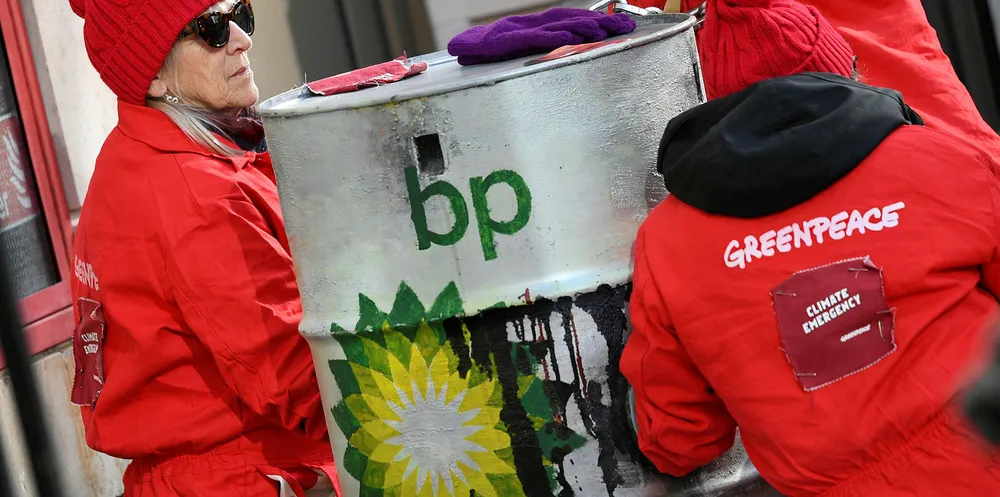Climate groups tell 'no future' oil companies to get real about energy transition
Environmental activists say oil & gas industry must take leading role to align with the Paris Agreement or share fate of coal

Environmental activists say oil & gas industry must take leading role to align with the Paris Agreement or share fate of coal
